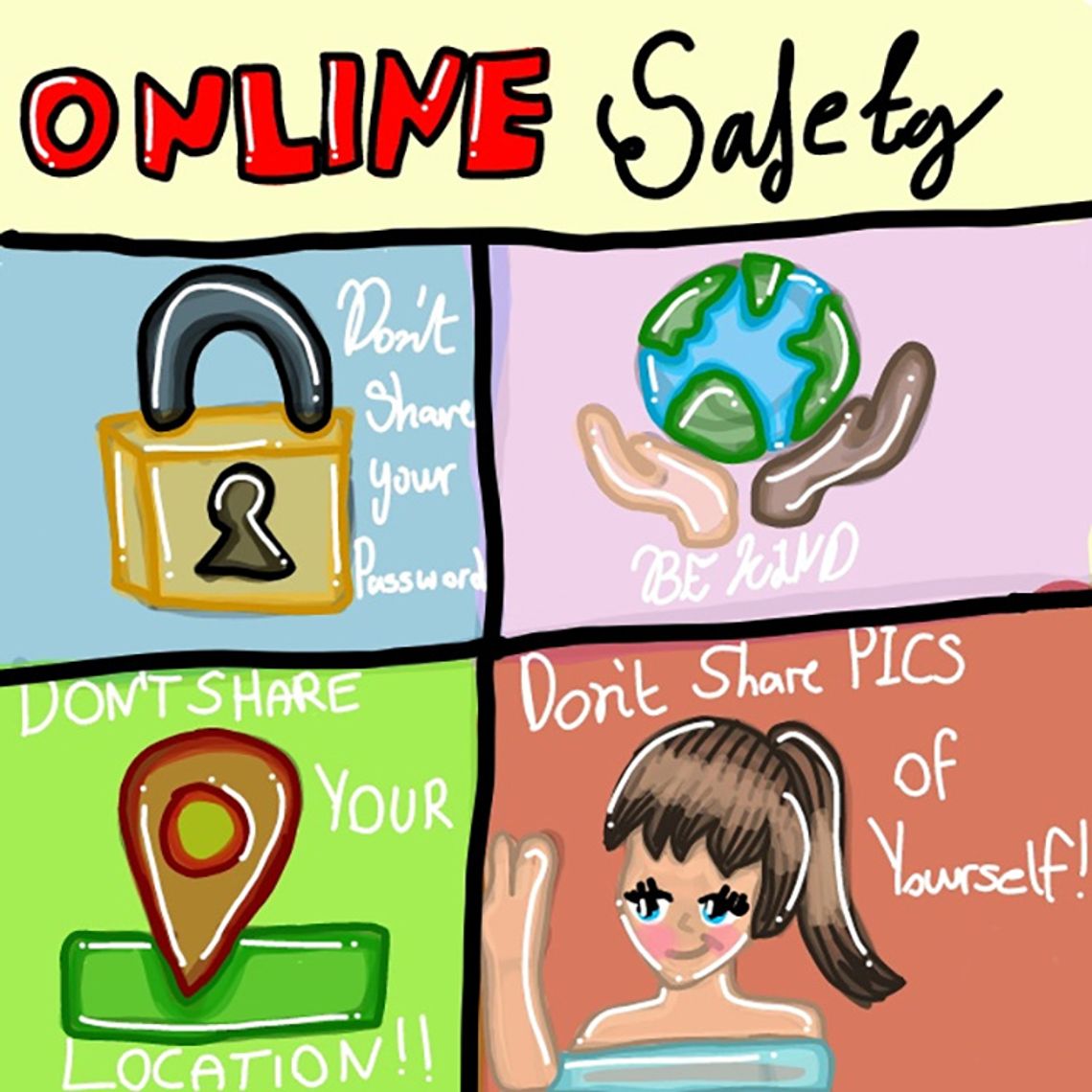The internet is nearly impossible to avoid as it has become such an essential part of daily life. It allows users to connect with others, find information at the click of a button, and escape the dreaded feelings of boredom.
Yet, it can be a very dangerous place, especially for young people. Platforms such as Tik Tok, Snapchat, Instagram, Twitter, and Discord can often be unsafe for children, teens, and even adults. It’s important to keep in mind that most of these sites do not present threats intentionally. Rather, they come from individuals using these sites.
Many parents are not aware that social media sites are not the only place where web dangers lie.
The world of online gaming can be a treacherous place for young people. In addition to the threat of predatory individuals trolling for vulnerable young people is a subculture of misogynism by propagating an anti-female environment. Whether by design or accident, young boys are influenced to think and act like their older counterparts. All the while, this constructs an unhealthy and unsafe online environment for girls and women.
While concerned parents may feel the need to totally insulate their children from the internet, that is a virtual impossibility with the many online learning requirements made by teachers, study tools, and research sites that exist for students. And children tend to be rebellious. They will eventually find their way to the internet. By doing so, they also inadvertently open themselves up to the many dangers that exist online. Teaching your kids how to use the internet responsibly may be a better approach to keeping them safe online.
Because technology has become so necessary in today’s society, it’s not a bad idea to expose your child to a computer at a young age, as long as you have set clear limits as to what they can do online. To keep your child safe, turn on safe search, set age restrictions, private all accounts, make usernames as vague as possible, and set time limits.
Research states that it is dangerous for a child under the age of thirteen to have a social media account. It is better to focus their screen time on education instead of socialization. Sites like ABCya and CoolMathGames are perfect for entertaining your kids while helping them learn. YouTube is also very popular among kids, but it’s important to beware of the Youtubers who create inappropriate content targeted towards children. Before allowing your child to watch a certain creator, review their channel to ensure their content is safe for kids.
Your child is bound to end up on social media during their teen years, so it’s essential that they know how to protect themselves online. There are many trends that float around social media that can be damaging to a teen's mental health. The media enforces impossible beauty standards that can ruin someone’s self-image, especially young people. Many teenagers tend to put a lot of energy into having a more grown, conventionally attractive appearance. This mindset is often enforced by predators, who wish to take advantage of young teens, typically between the ages of twelve to fifteen. Predators are active everywhere, constantly looking for new ways to contact and exploit children. There is no legitimate reason for an adult stranger to “befriend” a teenager or child online.
It’s not unnatural to connect with new people while using the internet, but it can be difficult to tell what sort of person is on the other end of the connection. If your child has befriended someone online, it’s not a bad idea to speak to their new friend and their parents to ensure that their new online friend is legitimate, and the interaction is safe. Children under the influence of someone online might isolate themselves from friends and family, become very secretive about their phone and electronics, and suddenly have money or new gifts they can’t explain.
The key to keeping your child safe online is awareness and communication. Making sure they are aware of the risks will help them know how to avoid these sorts of dangers. While respecting their privacy, you can still set up ground rules, like limiting the time they can spend online, making sure they’re only speaking to friends and family, and making sure all their accounts are private. It’s crucial for you and your child to trust each other, and invading their privacy may diminish that trust and should be considered a last resort. If your child finds themselves in a dangerous situation, they shouldn’t have to worry about being blamed or put down. Rather, make a safe space for them to share their concerns or fears, should they arise.
As technology advances, it becomes more and more essential to know how to navigate the internet safely, protect children and teens, and be aware of the potential risks.
If a device can connect to the internet, others can connect to your child. It’s idea for them to establish a safe, healthy relationship with the wide online world early on so they know when something doesn’t feel right.
Elayne is a senior at CCHS and interned for The Fallon Post this summer.








Comment
Comments